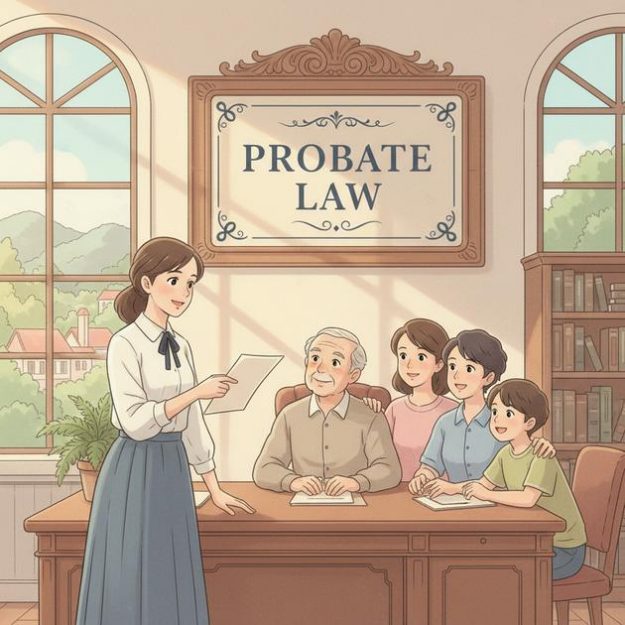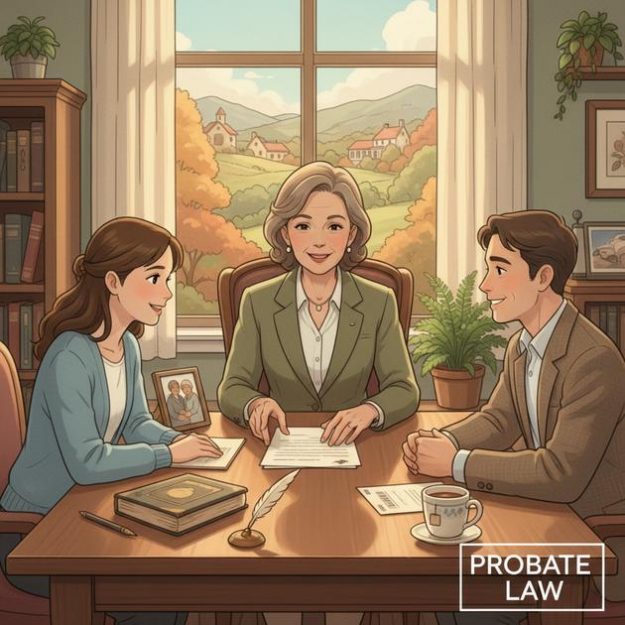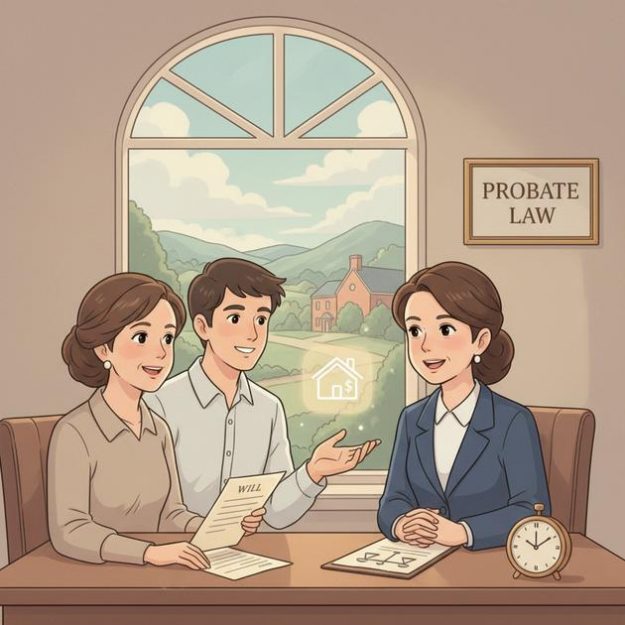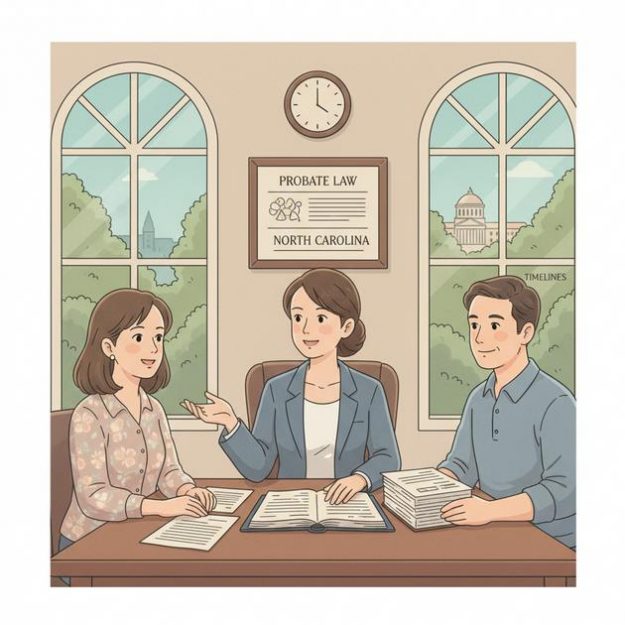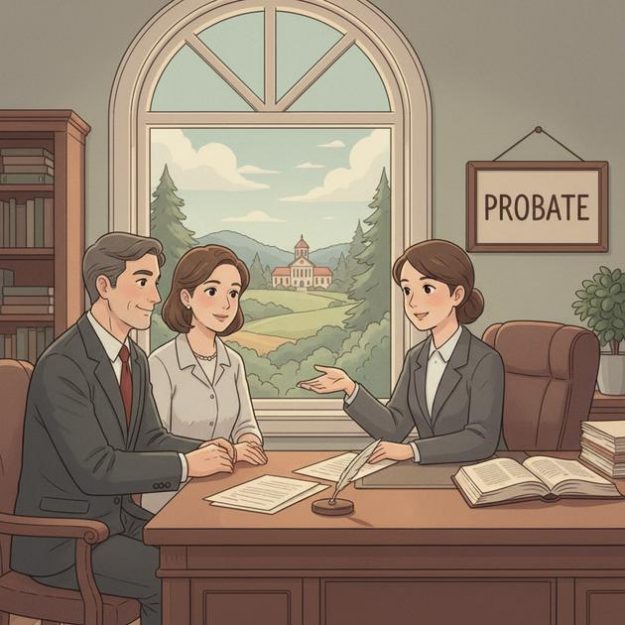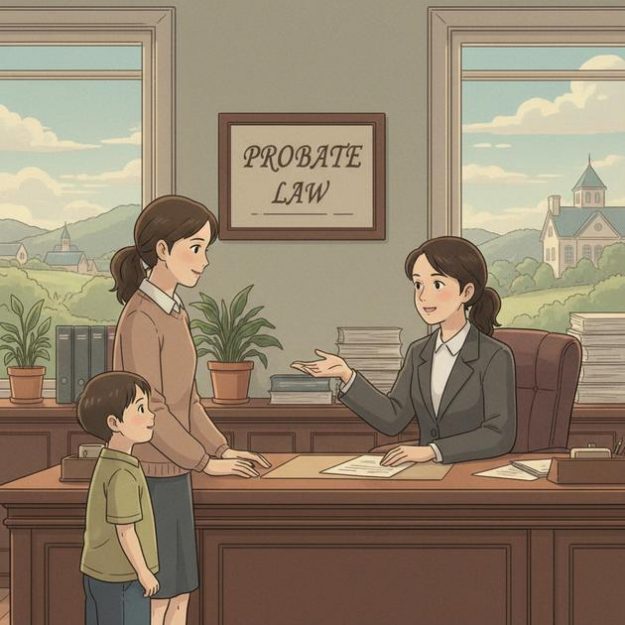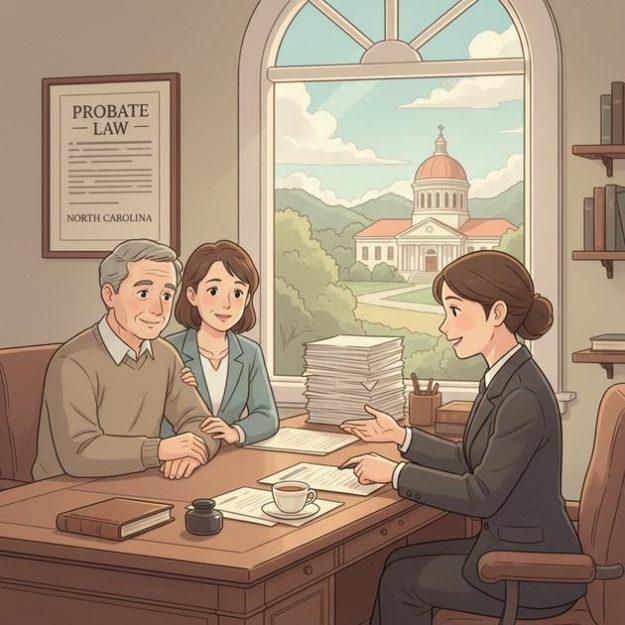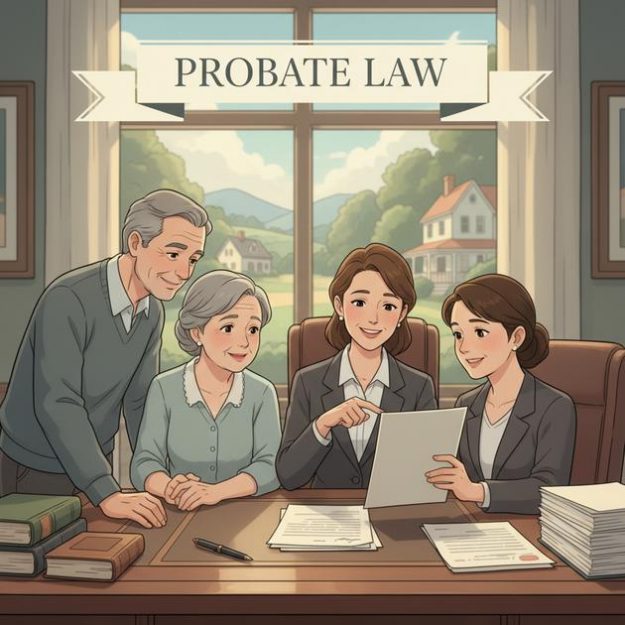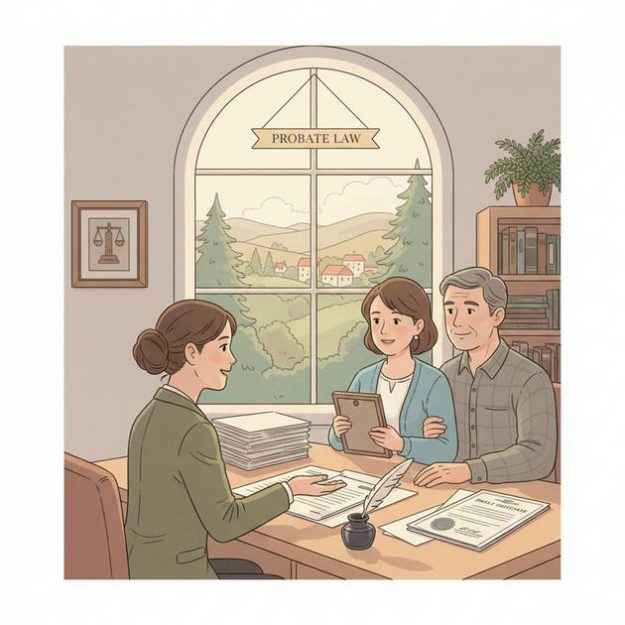How do I verify if someone has already filed for probate under a different name or spelling? NC
How do I verify if someone has already filed for probate under a different name or spelling? – North Carolina Short Answer In North Carolina, probate (estate administration) is handled through the Clerk of Superior Court. If a clerk search under one spelling shows no estate, the next step is to broaden the search using…

